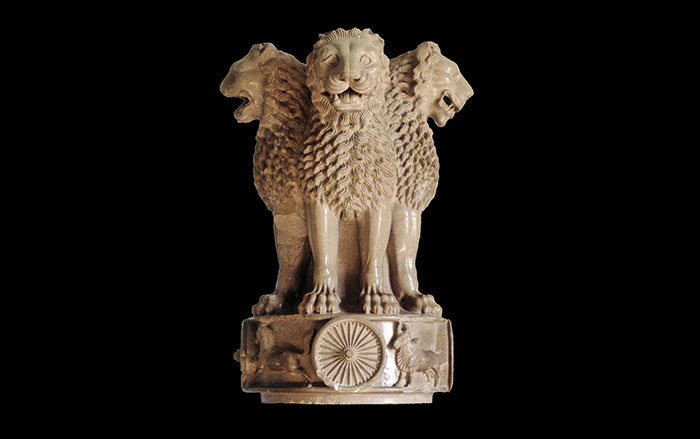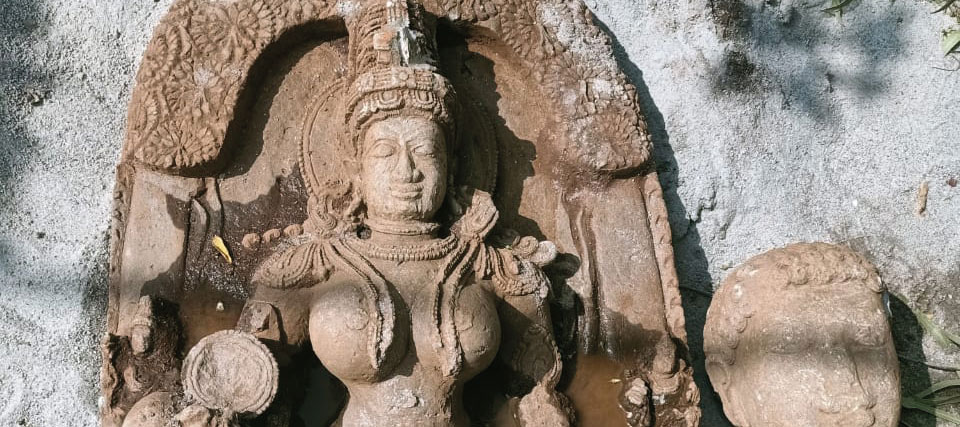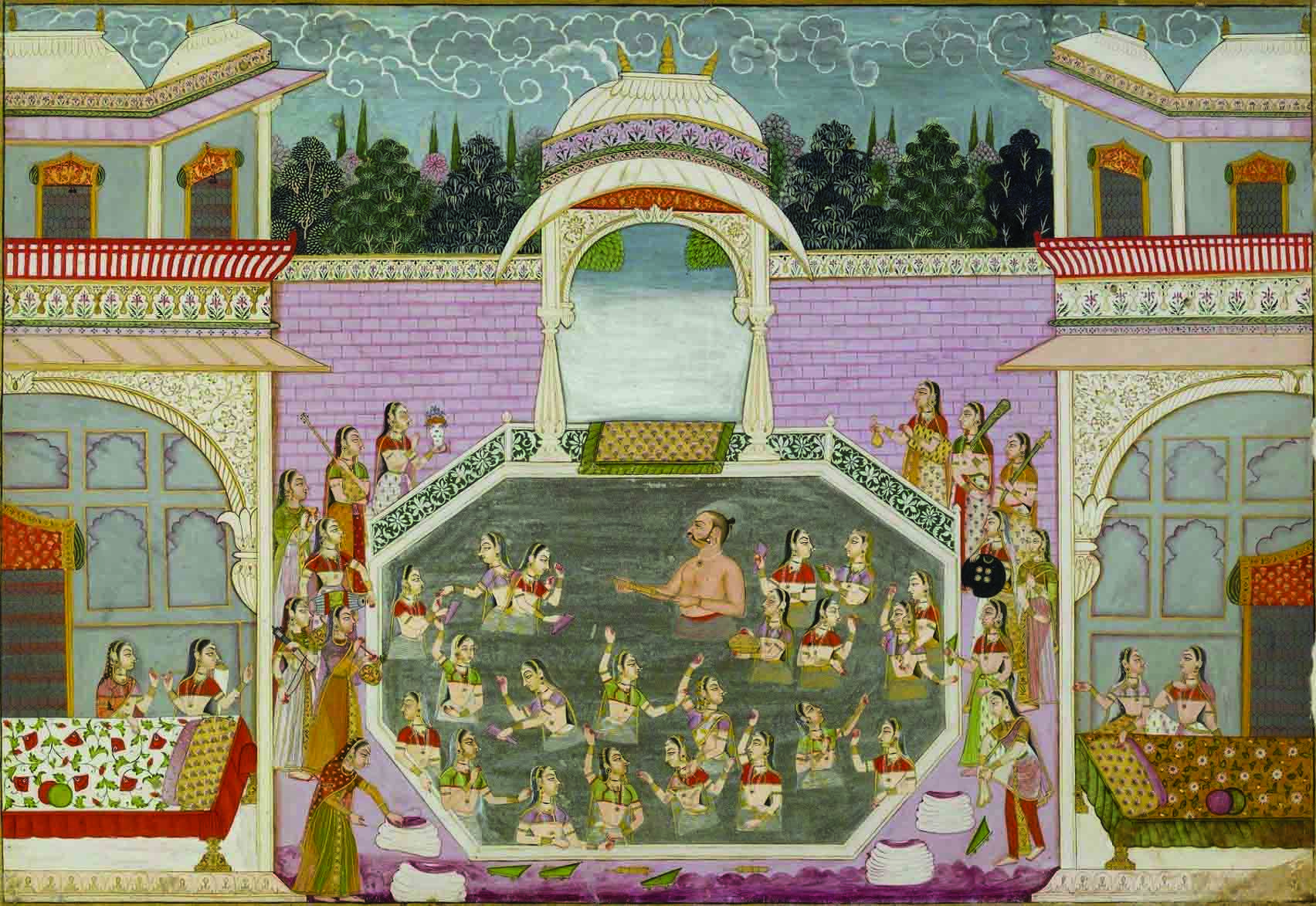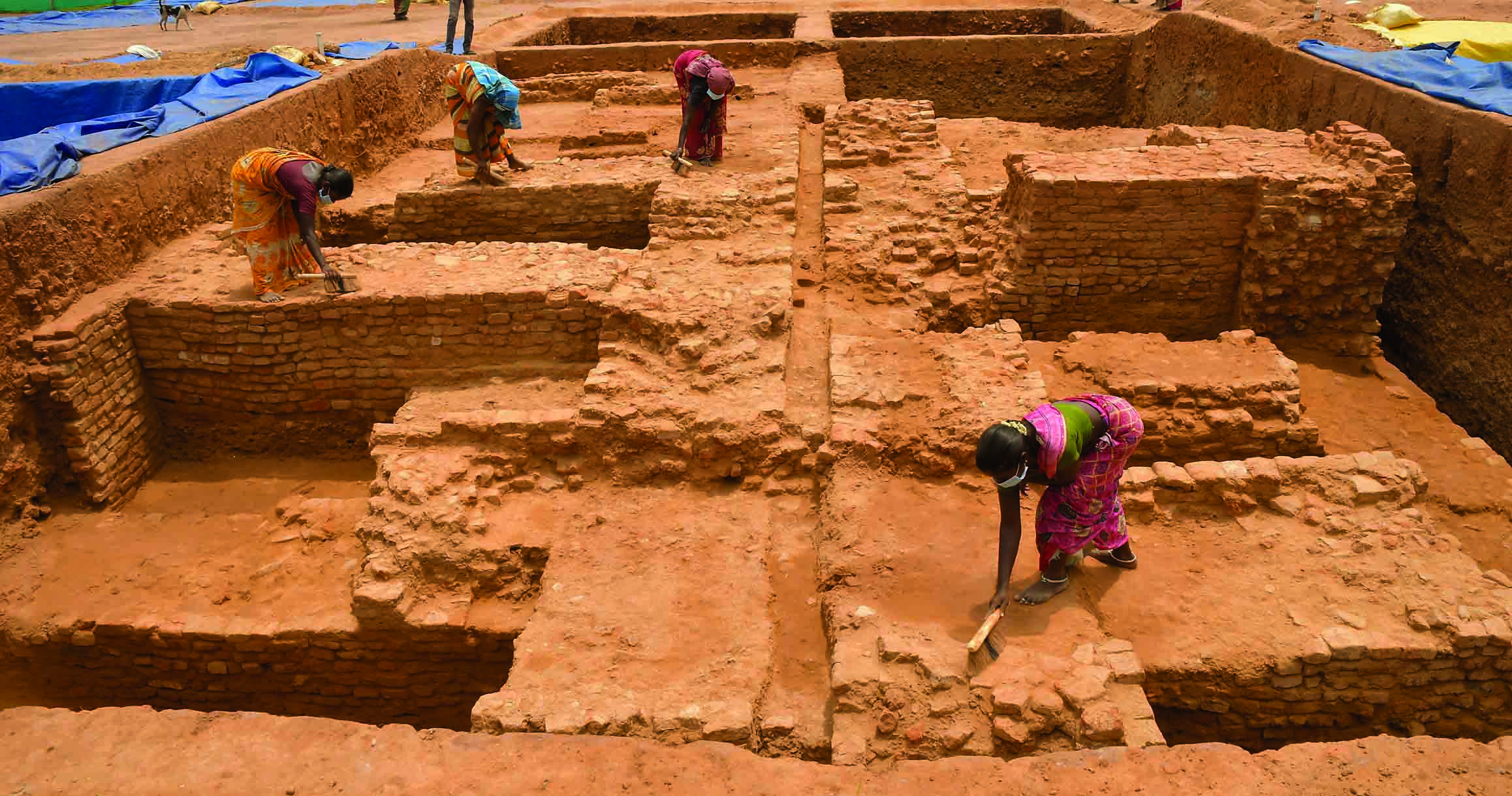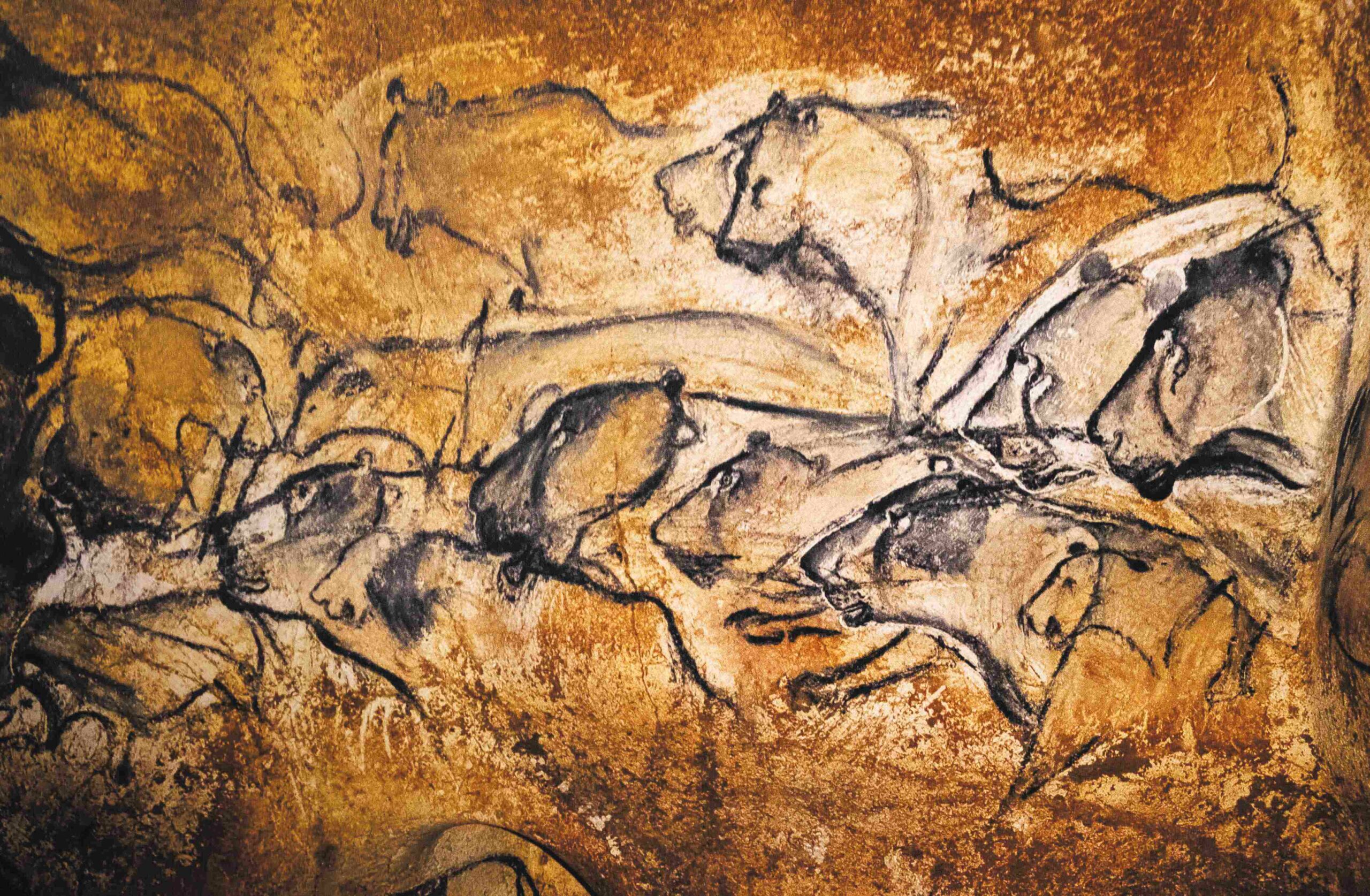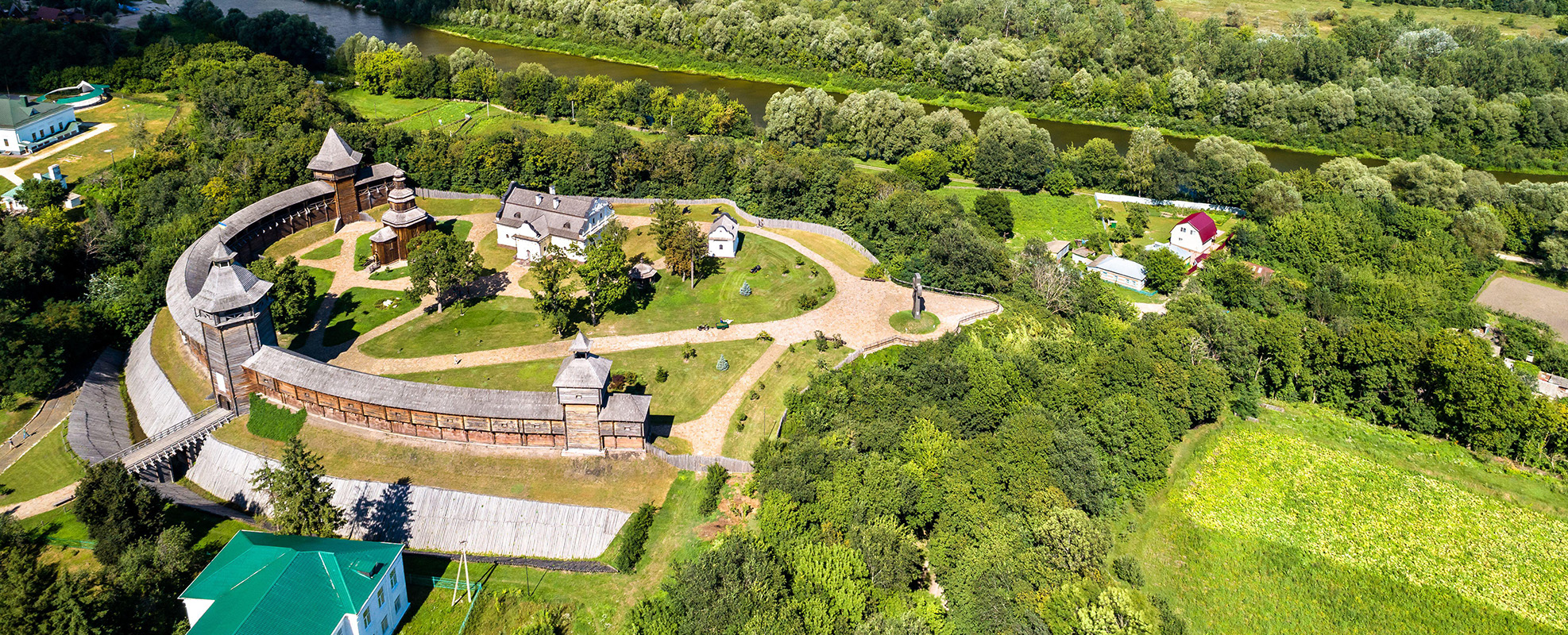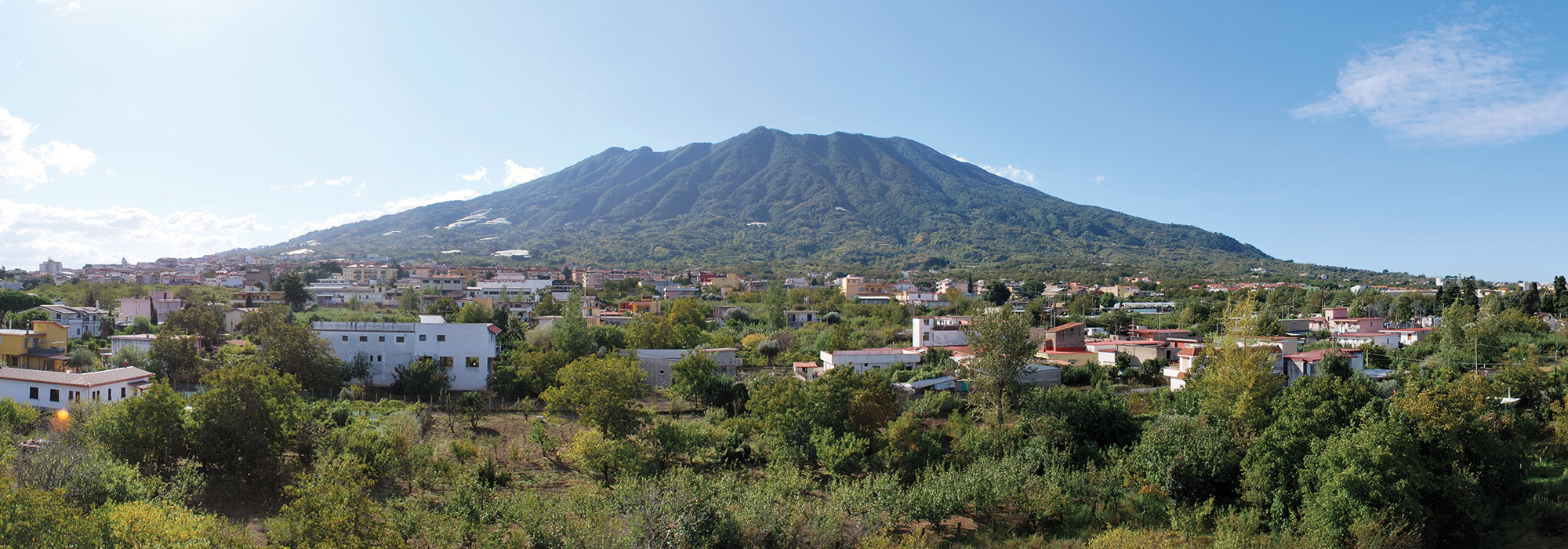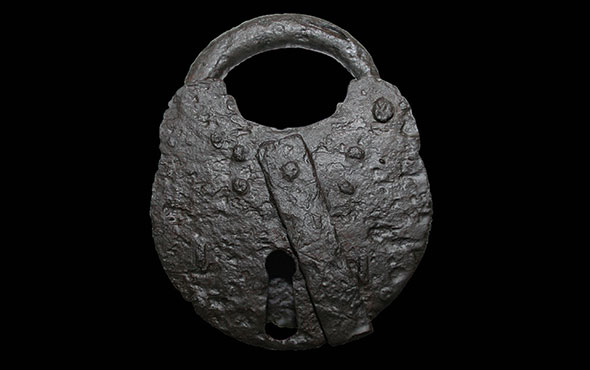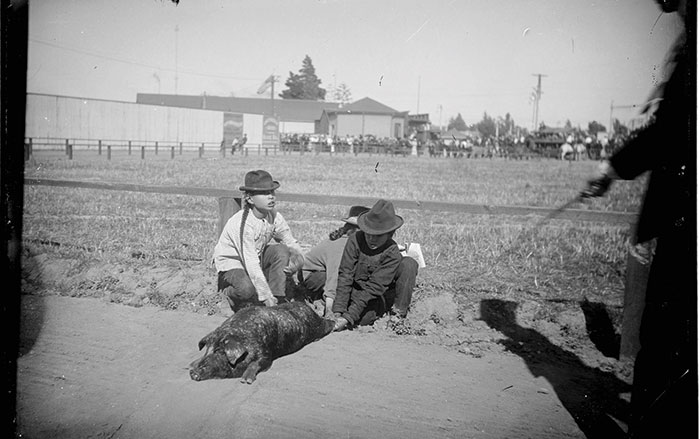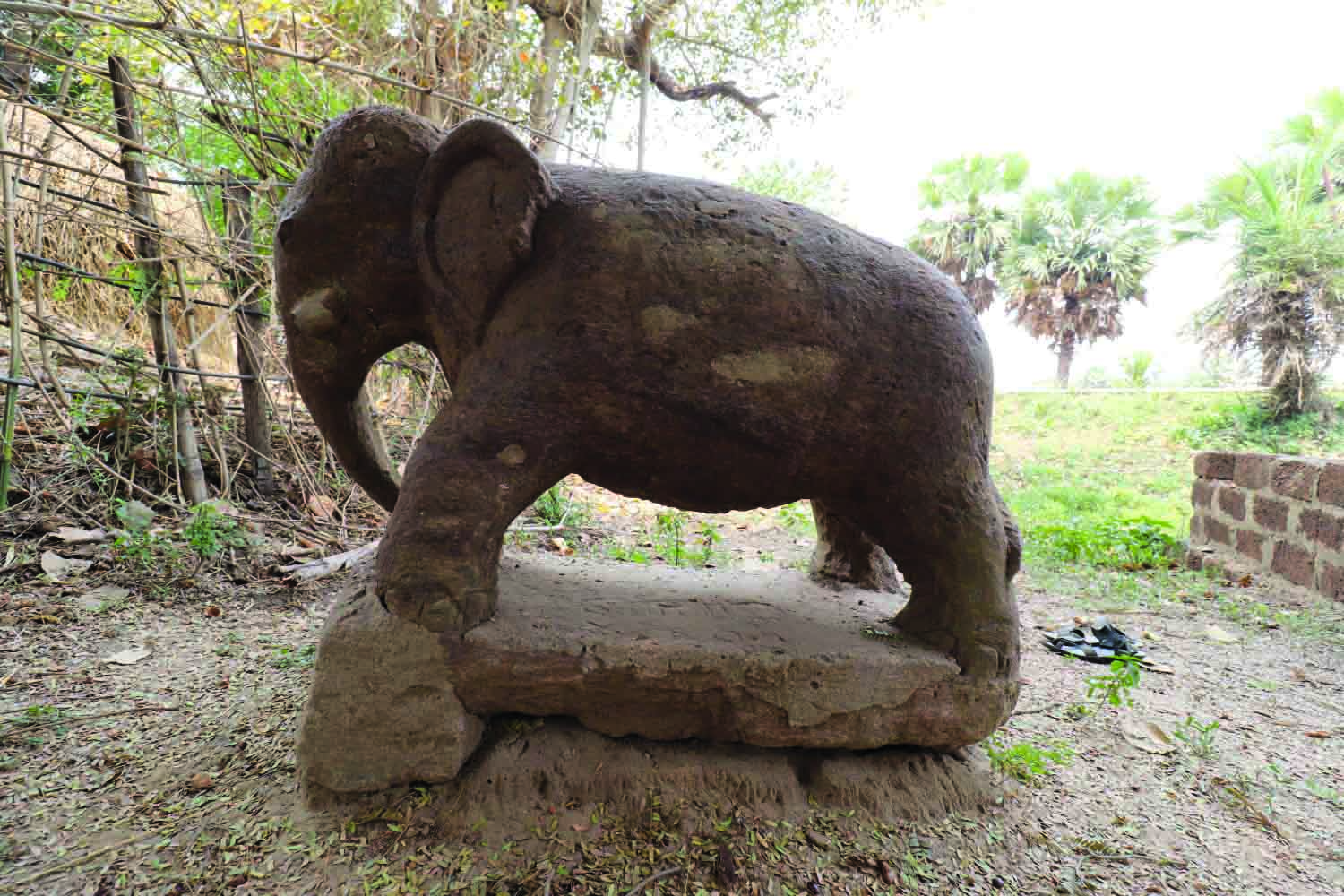
While working in the village of Gada Balabhadrapur on the banks of the Daya River in India’s state of Odisha, archaeologists unearthed a three-foot-tall sculpture of an elephant dating to the third century B.C., a time when Buddhism flourished in the area. Elephants are potent symbols in the Buddhist religion. Queen Maya of the Shakya Clan is said to have dreamed that a white elephant with six tusks entered her womb, signifying that she was pregnant with a child who would become the Buddha, or the awakened one. Other Buddhist scriptures say that the Buddha was incarnated as an elephant in one of his previous lives. According to archaeologist Anil Dhir of the Indian National Trust for Art and Cultural Heritage, the newly discovered elephant sculpture is very similar to three other statues previously found in the area that date to the same period. “The region has yielded many temples in the past that include Buddhist symbols, including elephants,” Dhir says.



